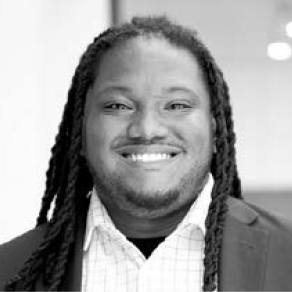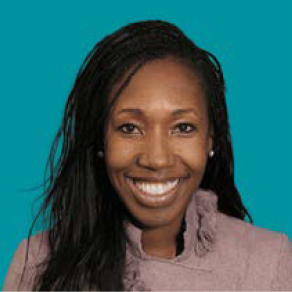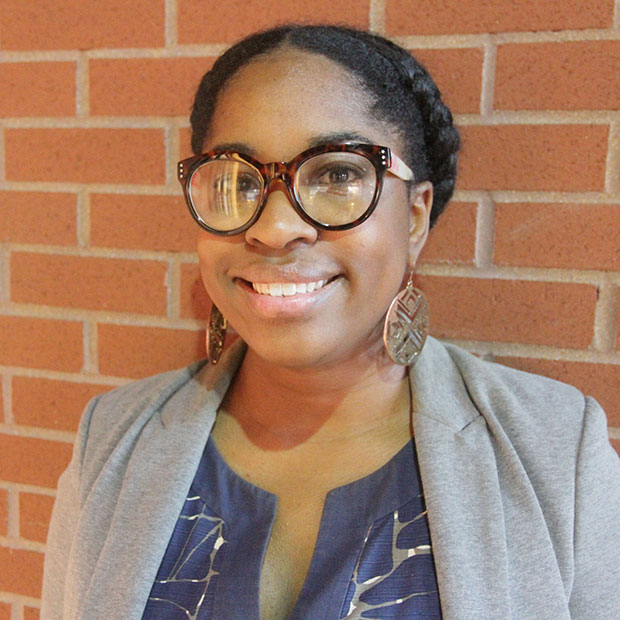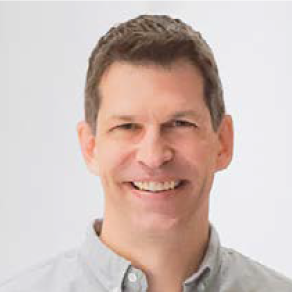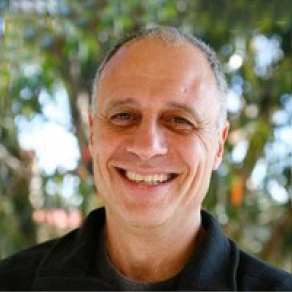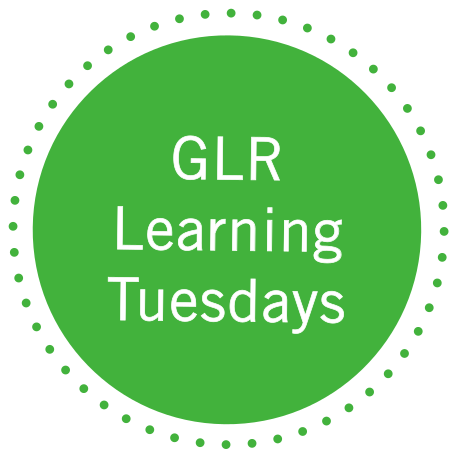
- This event has passed.
Making Kids a Major Public Priority: Changing the Narrative
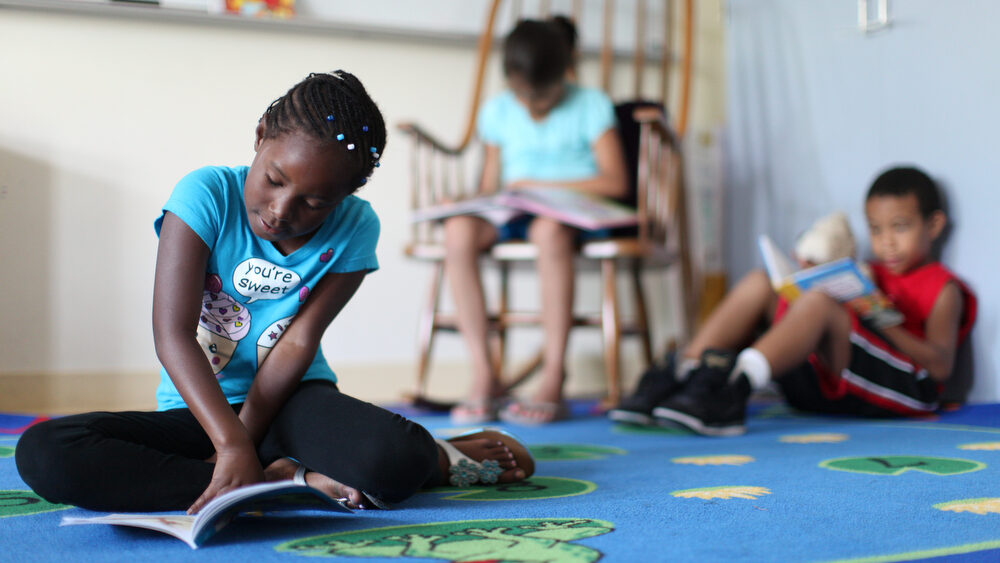
In this December 5, 2023 GLR Learning Tuesdays webinar, panelists addressed a barrier that may be further hampering equitable learning recovery: a lack of sufficient public will and what often feels like kids just not being prioritized. Moderator John Gomperts of CGLR engaged with leading researchers and communications strategists who are working to change the conversation on social issues and reveal why certain “cultural mindsets and attitudes keep kids off the public agenda.” These leaders, along with CGLR state and community leads who joined the conversation, discussed strategies to create the “narrative change” needed to shift mindsets and build/sustain public will to advance actions in support of kids and their learning recovery.
Our discussion began with a thoughtful look into what is meant by narrative change with communications strategist, Isaiah Bailey of the Topos Partnership, along with researchers Drew Volmert, Ph.D., of FrameWorks and Bob Farrace, CAE, of the Children’s Defense Fund. These thought leaders highlighted that narrative change is largely personal and requires a shift in common sense and the ways that people talk about issues. To change this, we need to help people see themselves as part of the solution and provide some order to the way we want people to think. Farrace framed this in the context of appealing to what people value:
It’s important to begin conversations about activating learning recovery by activating the right value. So can we all agree that all children deserve to live with dignity, hope and joy? Can we all agree that we share a responsibility to help kids learn as much as they can to the best of their ability? And then, once we’ve activated the value, we need to tell the right stories. And by the right stories, I mean those stories that highlight the systemic solutions that are going to get us where we need to be.
After the discussion of research and concepts that support narrative change, we were joined by CGLR state and community leads who shared specific examples of how their communications campaigns and careful messaging to specific audiences led to approved ballot measures and increased public funding in support of early learning and other resources for children. Kali Thorne Ladd of the Children’s Institute in Oregon and Morgan Shannon of the Power Coalition for Equity and Justice shared replicable tactics and the successful strategies they used to build awareness, buy-in and support to ensure kids were on the public agenda in their regions. Ladd explained how important it has been to look outside of the network of people already committed to children and send the right messages — and to listen — to get broader members of the public to pay attention and take action:
We’ve been able to bring a broader coalition to the table of people from across sectors. Certainly educators, people who are on the front lines working with children, but also people who are in business, people who are doing climate change work, people who are truly cross sector, who care and have never fully understood what they can do to make a difference for children because their job is not focused on children. So I think we’ve built a broad stakeholder table with unusual suspects. And I would say one of the most important things is taking time to listen — really listening to communities, building relationships with them so that when we start talking about children, they know we’re not just talking about children in one city or neighborhood, we’re also talking about children in other parts of the region.
Panel
